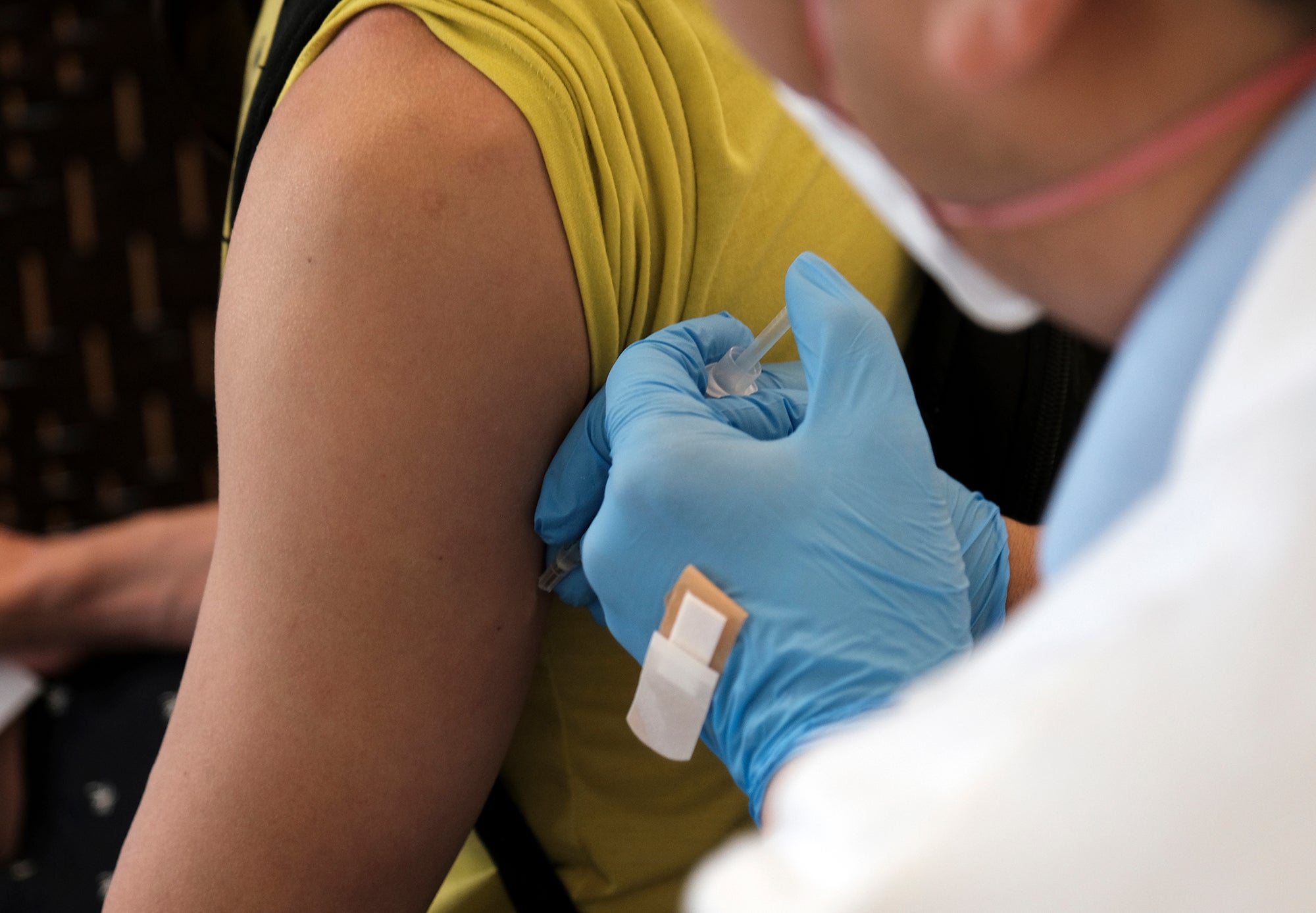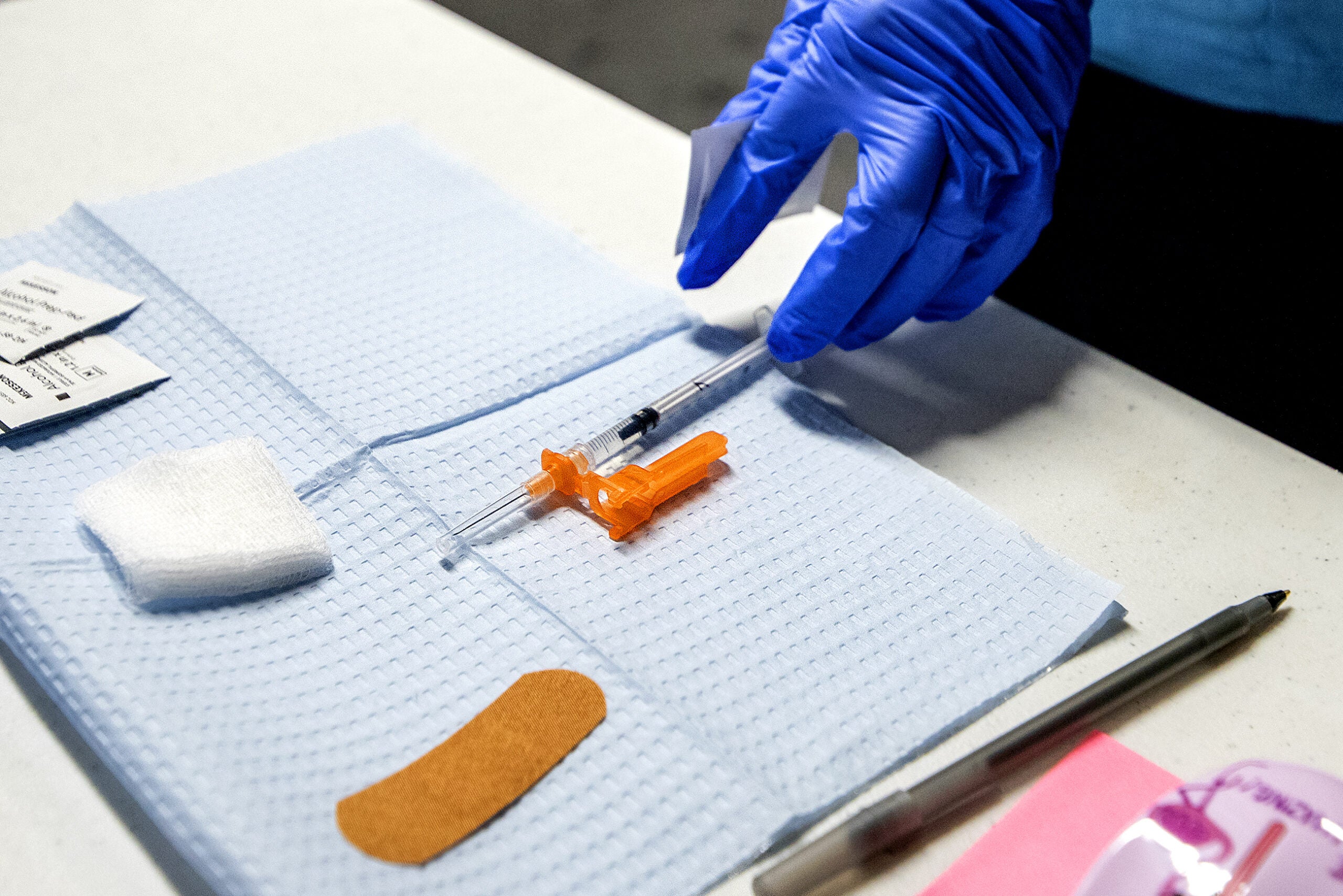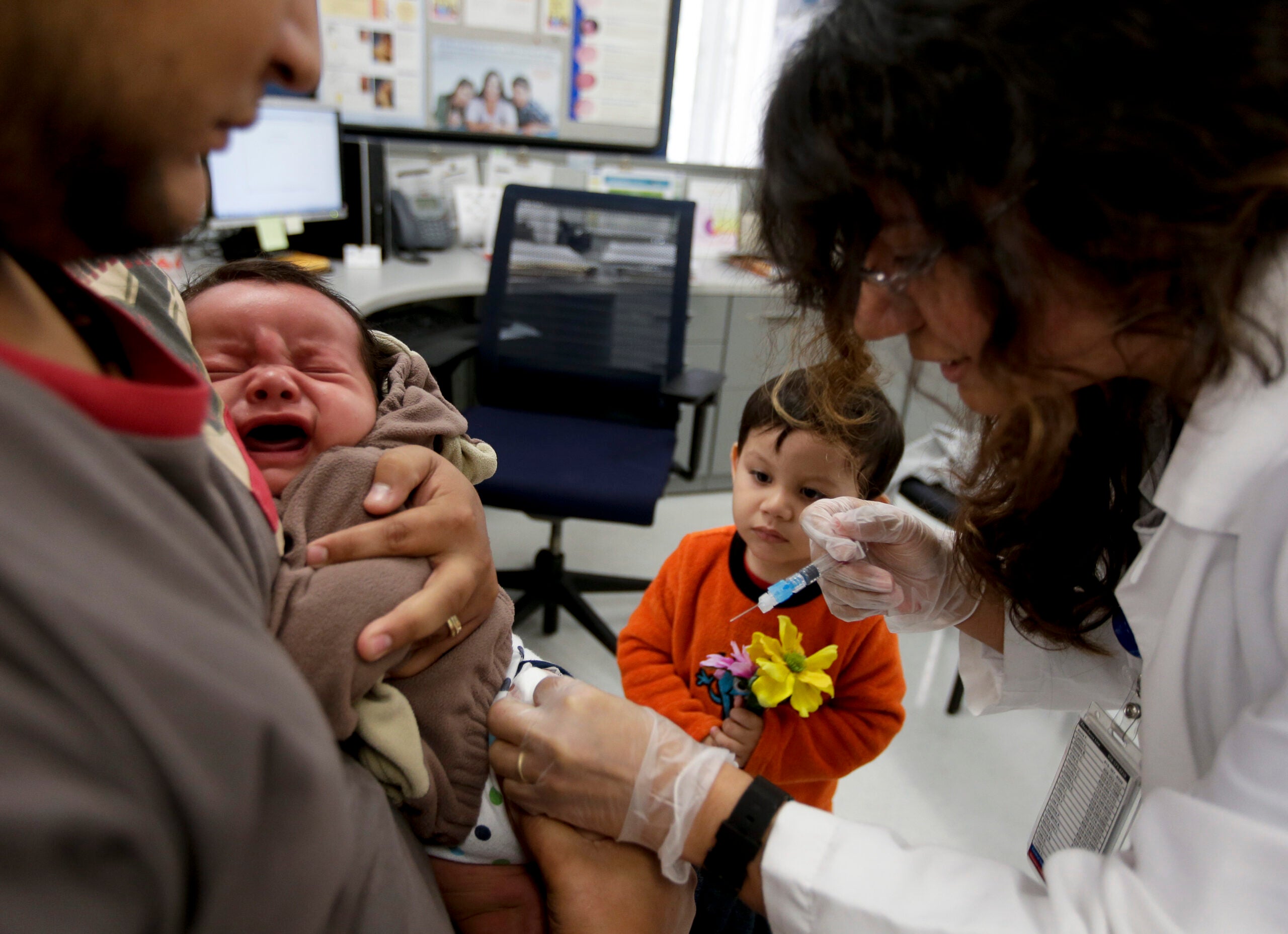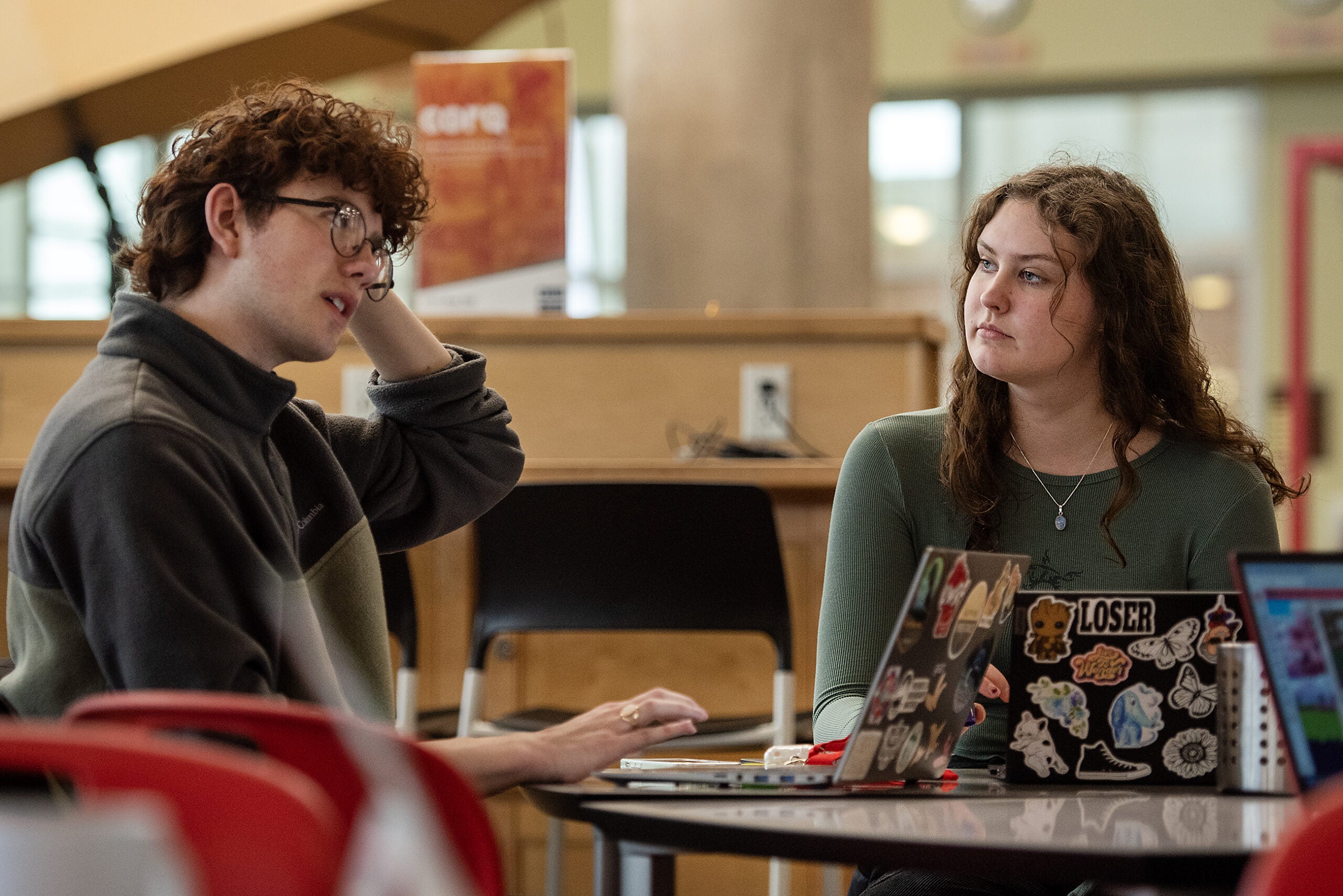College campuses are borrowing from lessons learned during the COVID-19 pandemic to tackle another communicable disease: monkeypox.
A growing outbreak of the rare but potentially serious disease prompted the White House to declare monkeypox a public health emergency on Aug. 4 — less than a month before colleges across the state welcome students back to campus.
A study published late last month in the New England Journal of Medicine found that about 95 percent of cases across 16 countries in the current outbreak had been transmitted through sexual and intimate contact, and that the disease had spread predominantly among gay and bisexual men. But that’s not the only way monkeypox can be transmitted. Living in close quarters like dorms, co-ops, fraternities and sororities can also increase the chances for monkeypox to spread. So can participating in sports, theater or other activities that create opportunities for close contact. In response, universities are making sure students have the information they need to minimize risk.
Stay informed on the latest news
Sign up for WPR’s email newsletter.
Jake Baggott, executive director of University Health Services, said the University of Wisconsin-Madison is already offering testing and vaccination to eligible populations, and will continue to get information about the disease to students through a variety of channels.
“We’ll continue to push out information and messaging, we’re going to continue to expand our vaccination efforts … but we feel confident we’ll be able to support and respond to this condition through the fall semester,” Baggott said.
Most of that information relates to what monkeypox is, how to identify it and where to get tested and seek treatment if a student thinks they’ve been infected.
Symptoms of monkeypox include unexplained rash and skin lesions, fever, chills and swollen lymph nodes, according to the state Department of Health Services.
Baggott said making sure LGBTQ+ populations aren’t being stigmatized, while also getting them the information they need is crucial.
“We should just remind ourselves that monkeypox … actually can occur in any population. And so we all need to be aware and thinking about that and being thoughtful,” he said. “So we’re spending some time educating all of our community but of course also making efforts to communicate with the populations that are at greater risk.”
The UW System has also been helping the state’s public universities gather information on monkeypox for students. Director of Media Relations Mark Pitsch said that could include help accessing resources if need be.
Several UW System schools like UW-Oshkosh and UW-Eau Clare have web pages dedicated to monkeypox ahead of the school year. Marquette University, a private college in Milwaukee, is using a similar tactic. Information was shared with faculty, staff and students Monday on ways to prevent the spread of monkeypox and what to do if someone thinks they’ve been exposed.
As of Friday, there had been 40 confirmed cases of monkeypox in Wisconsin since it was first reported in the state in July.
UW-Madison is the only university in the state that’s an approved vaccinator, but with recent emergency authorization from the federal Food and Drug Administration to stretch the vaccine, Baggott is confident more universities will be approved.
He also said the new vaccination method — which uses a fifth of the regular dose but shows a similar body immune response — would help UW-Madison vaccinate at-risk students at a much larger level.
Still, Baggott reiterated that monkeypox is a very different illness than COVID-19, and while people should be cautious, they can be confident in returning to campus.
“This is not the same kind of risk that it was in terms of the spread of (COVID-19). So while COVID could spread relatively easily, monkeypox requires a much closer and sustained contact with an ill individual,” Baggott said. “That means really intimate contact, kissing, cuddling, other kinds of intimate activities, as well as sharing things like utensils, cups or bedding.”
Otherwise, Baggott said it’s “relatively easy” to avoid infection.
Editor’s note: WPR’s Ta’Leah Van Sistine contributed reporting to this story.
Wisconsin Public Radio, © Copyright 2024, Board of Regents of the University of Wisconsin System and Wisconsin Educational Communications Board.






